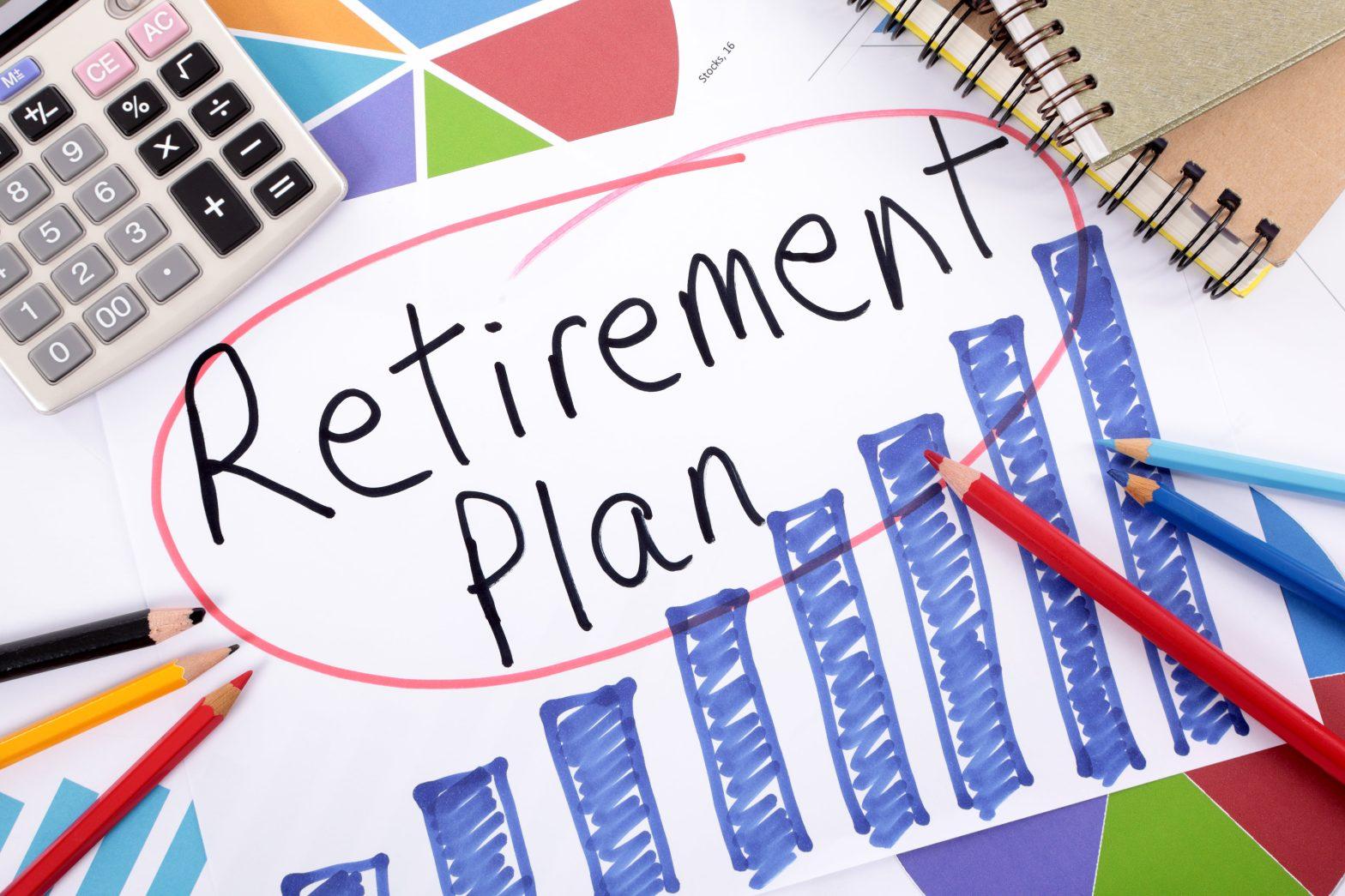The majority of the people rely on pensions and social security benefits as their retirement income. But these investments fail to provide a steady income at the time of retirement and with inflation over time the returns are very low. Whereas if you invest in real estate you have a good opportunity for generating passive income with high returns. It is true that when planning for retirement investing is the last thing that comes to one’s mind. However, finding good deals is quite feasible due to the inefficiency of the real estate market.
Real estate investment has always been seen as an investment to accumulate large returns. Besides putting money in the stock market and mutual funds you may want to include real estate as a part of your retirement portfolio to diversify your investment.
In this blog, we are going to show you how and why it’s a good idea to invest in real estate for retirement.
How to begin with retirement investing in real estate?
1. Selling your home
If you don’t have any savings for retirement but you do own a house. In that case, you can use your home equity for retirement income. You can rent out a part of your home. These include renting your garage to generate income and still use the rest of your home.
Reverse mortgages are a special type of home equity loan that allows a homeowner who is above 62 years old to borrow against their home. These loans are not repaid until the homeowner gives up the residence. Also, the loan amount is disbursed in monthly payments making it a suitable option for retirement.
Downsizing is another most efficient way to turn home equity into cash by selling your home and relocating to a smaller house that has lesser expenses. In case of early retirement, you should reinvest the money in other assets or dividend-producing investments to keep the retirement income steady for the long term.
2. Investing in Rental Properties
If you have a good amount of savings for retirement, you can purchase properties and collect monthly rent to generate your retirement income. You can purchase different types of properties based on the capital available and the nature of income generated from these properties. For example, purchasing a second house and renting it will lead to regular cash flow throughout the year. Whereas purchasing a vacation home will result in generating income for the short term.
If you want higher returns and are willing to put up with the risk and high capital outlay, investing in rental commercial properties is the best option for you. It is a stable retirement investing with a good property syndicator that makes sure you don’t have to worry about all the hassles of dealing with tenants or property management.
3. Flipping Houses
This strategy is used to purchase decrepit houses and instead of using it for residence, you sell the property after doing some renovations and repairs. Flipping houses requires a good knowledge of the real estate industry and some upfront capital. A successful flip can result in around $20,000 profit thus kickstarting your retirement savings. You can choose to pour the profits into retirement accounts or use them for your next flips.
4. REITs
Real estate Investment Trusts or REITs are a company owning and performing on multiple income-generating real estate properties. Those planning to retire can find REITs suitable since it is similar to mutual funds except a REIT is a collection of properties. A REIT company distributes 90% of its income amongst its shareholders as dividends. This type of investment is suitable for retirees as you don’t have to deal with the troublesome work of repair and maintenance of the property. Also, REIT investment is liquid, unlike rentals you can sell your REIT whenever you want to but to do so, you have to pay taxes on the capital gains earned from dividends.
5. DST’s
In Delaware Statutory Trusts or DSTs, multiple accredited investors pool resources to purchase beneficial interests in one property or a portfolio of properties through a separate legal entity. As a retiring investor, DSTs helps in deferring the hassles of paying taxes of up to 40% in value based on your capital gains with the help of 1031 exchange. You can also avoid the stress associated with owning a rental property by doing a 1031 exchange into a DST. Also, the property will be managed for you, so you also don’t have to deal with property management, tenants, or building maintenance.
6. Tenancy-in-common investments
Similar to the DST a tenancy-in-common investment (TIC) is a great real estate retirement investment strategy. In TIC individual property owners use and enjoy the entire property, rather than splitting it up into parcels. In return, the potential income and appreciation value of the real estate property is divided according to a pro-rata share and is tax-sheltered due to depreciation pass-through and interest deductions.
7. Opportunity zone funds
Introduced in 2017 by Tax Cuts Job Acts (TCJA) as a new federal incentive, opportunity zone funds focused on creating investment in economically distressed regions. One of the benefits of investment in opportunity zone funds that makes it so appealing is that investors do not have to pay any taxes on capital gains earned in a long-term investment of 10 years or more.
8. Crowdfunding
If you are running short on your retirement savings, crowdfunding is a new business venture that allows you to invest small capital in a particular property. Crowdfunding allows small real estate investors to invest in projects beyond their reach.
Benefits of Retirement investing in real estate
1. Retirement investing in real estate generates regular income
Investing in rental properties ensures a steady monthly income throughout the year or lease term. Unlike index funds, you do not need to sell your assets to generate income.
2. With retirment investing in real estate, you can adjust returns according to inflation
As a landlord, you can adjust the rent according to the rate of inflation. Even as rents grow, your mortgage payment stays the same. As a result, there is a gap between rent and mortgage payment which increases every year.
3. Prediction of returns
The return on your rental properties can be predicted precisely with retirement investing in real estate. With market research, you can forecast the market price, rent, and expenses like property tax rates, insurance costs, and the cost of property management fees.
In a few cases, you can somewhat control the return like in flipping houses; the profit completely depends on the standard of renovation and repair of the property.
4. Retirement investing in real estate guarantees tax advantages
Almost everyone wants to skip the rigorous work of taxes, as such most investors might look to tax-sheltered retirement accounts for availing tax advantages. Depreciation of property reduces its value thereby lowering the tax bill.
Bottomline
Retirement investing in real estate for your retirement age might be a good choice that will provide a steady stream of income while diversifying your assets. Before investing make sure you have good knowledge about the market and the risks involved. Get in touch with Lilypads to get guidance and assistance in assessing personal finances to find out which investment option will cater to your needs and yield good returns.

